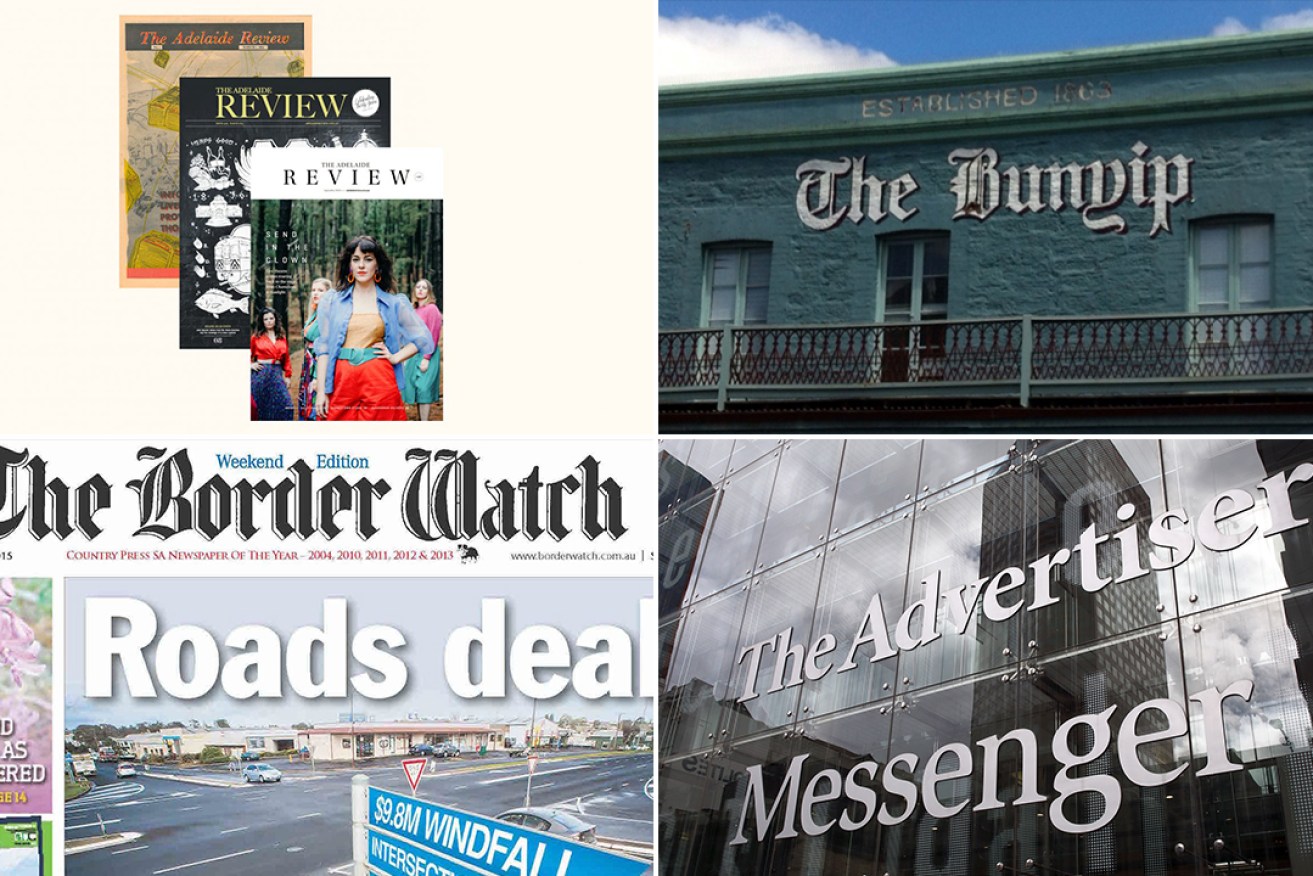Cosy relationships and the decline of SA independent journalism
South Australia’s media landscape is being rapidly diminished by recession, pandemic and the digital impact on advertising revenue. That’s bad news for the state’s culture, conversation and a healthy democracy, but don’t expect government to back diversity, argues Eric Beecher.

When The Adelaide Review announced its own death notice earlier this week, there was very little media left in South Australia to publish the obituary.
Apart from a desultory five-paragraph report buried in The Advertiser, and a full-length story here at InDaily, the demise of the once-iconic purveyor of culture and ideas passed almost without notice in what remains of Adelaide’s media graveyard.
This state’s fourth estate is falling like flies.
The past few months have seen the closure of Mt Gambier’s 159-year-old Border Watch, the end of all the Messenger free newspapers, and now the death of the Review.
Also this year, Channel Seven, The Advertiser and ABC have all cut South Australian journalism jobs from their newsrooms, and Network Ten has axed its local 5pm news bulletin and more jobs. Tonight will be the last time Ten’s news is presented in Adelaide, before being broadcast from Melbourne next week.
So how does a civilised democracy remain a civilised democracy without a functioning and diverse media? And who, ultimately, is responsible for nurturing – and if necessary helping to support – the news journalism that oils the wheels of that democracy?
It would be nice to think that responsibility was assumed by the custodians of South Australia’s democracy, the state government.
But that’s complicated.
Not because the government doesn’t comprehend the crucial role of a vigorous, diverse media as a fundamental sine qua non of any democracy. But because, in its relationship with News Corporation, publisher of The Advertiser and Sunday Mail, the government has a conflict of interest.
News Corp is a New York-based US company with a strategic imperative in an era of collapsing media business models: to be the Last Man Standing in any media market in which it operates.
This includes Adelaide, the city where it all began 68 years ago when a 21-year-old Rupert Murdoch inherited a small afternoon newspaper, The News, after his father’s sudden death and went on to build a media empire.
The facts supporting the government’s conflict of interest are simple:
● The state government badly needs News Corp’s editorial support as it navigates a pandemic and a recession.
● News Corp badly needs the state government’s large advertising spend as it navigates a pandemic and a recession.
It’s a marriage of convenience that not only benefits both parties, but definitionally excludes any special support or benefit from the state government to other media companies.
Of course, Rupert Murdoch is the global supremo in running mutually dependent relationships with governments and politicians. It is, arguably, his greatest talent. He’s been honing it for seven decades, ever since he arrived in Adelaide to run The News.
In the 1960s, Murdoch demonstrated his prowess when he negotiated to invest in a Pilbara mine alongside Lang Hancock, the late father of Western Australian mining billionaire Gina Rinehart.
There was just one problem with the deal, according to Robert Duffield’s biography of Hancock — “the government won’t negotiate with us,” Hancock told Murdoch.
“Look, if I can get a certain politician to negotiate, will you sell me a piece of the cake,” Murdoch said. “Yes, by all means,” Hancock replied.
“Rupert went off to see him and I went home to bed,” Hancock told Duffield. “Ten o’clock that night there’s a knock on the door and it’s Rupert,” Hancock continues. “You’re in!” Murdoch told him. “How on earth did you manage that?” asks Hancock.
“Simple,” said Rupert. “I told him: Look, you can have a headline a day or a bucket of shit every day. What’s it to be?”
It would be nice think that politicians and governments would use their power and resources to support a diverse media landscape.
But in dealing with News Corp, or deciding whether to support media diversity, they usually make the political choice to have a headline a day.
Eric Beecher is chairman of Solstice Media, publisher of InDaily, CityMag and SA Life.




